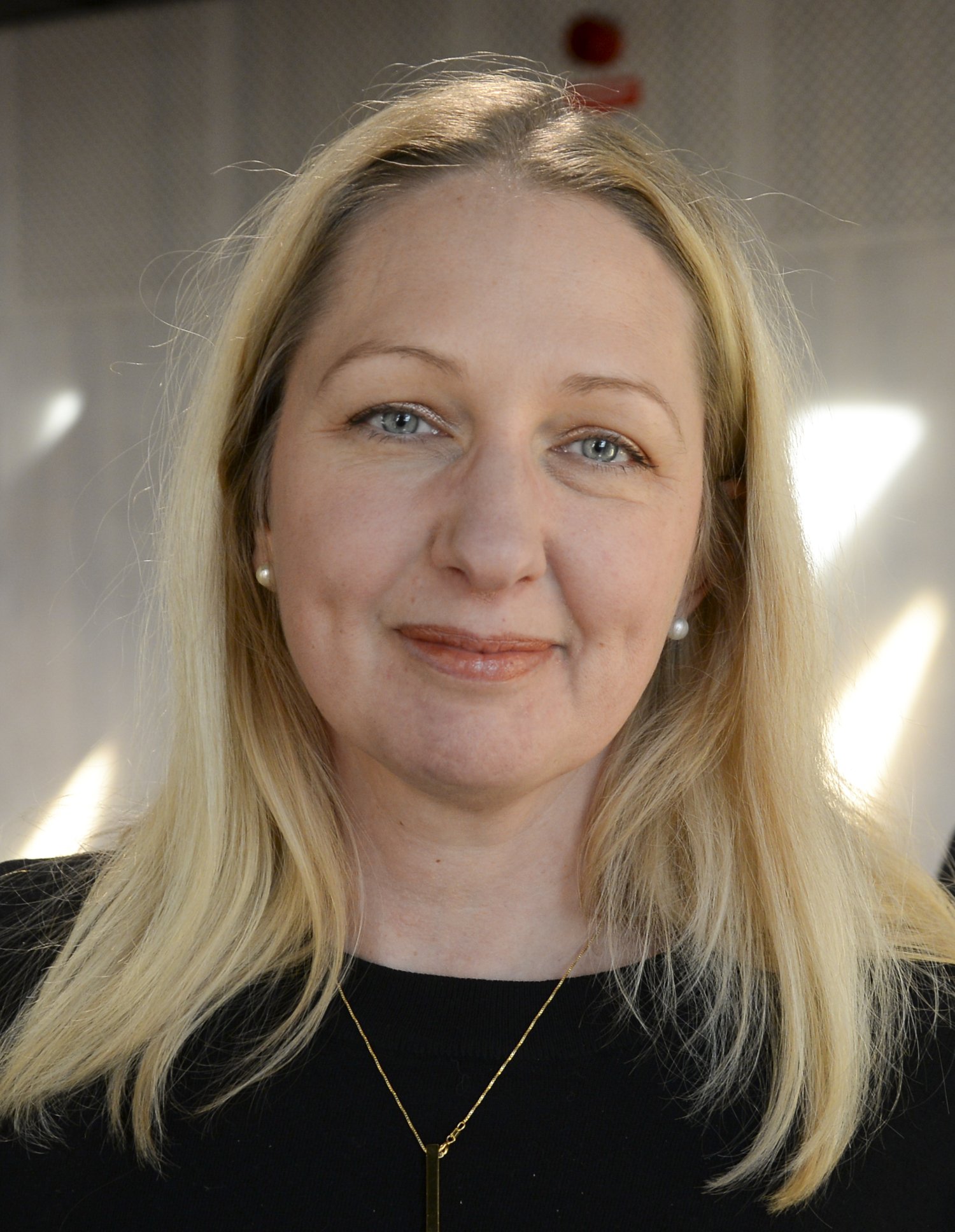An article in The Conversation written by a KI researcher broke a record in the number of readers. Associate Professor Karin Modig's article on centenarian biomarkers received almost 2.4 million reads and was translated into several languages.
The Conversation is an international news platform that allows academics to write popular science for a wide audience. The articles are republished by other media such as CNN, BCC, Washington Post, and Le Monde. KI has been a member since January 2021 and the number of readers of KI articles has increased steadily each year. Last year, KI researchers were behind 24 articles that generated more than 2.6 million reads. This is an increase in both the number of articles and the number of reads compared to previous years.
One of those that stood out and contributed to a record number of reads was an article by Karin Modig, Associate Professor at the Institute of Environmental Medicine, where she studies ageing.
Her article on how biomarkers in centenarians provide clues on how to live longer is still reaching new readers, months after publication, and has 2.4 million readers to date.

"I was very excited about the study but we struggled a bit to get it published scientifically. I really wanted it to be published, so in the end, we chose a journal with a slightly lower ranking. Therefore, it felt great and also surprising that The Conversation took the bait so quickly and it was so incredibly well read," says Karin Modig.
She has previously had her research noticed, mainly in the Swedish media, and the big difference this time was that it was noticed internationally.
"'The magnitude of this international dissemination cannot be compared with national media. I received many requests from several different countries in all corners of the world to translate it into other languages, including Japanese, Finnish and Spanish," says Karin Modig.
Was contacted by companies
The attention also resulted in her being contacted by companies specializing in biohacking who wanted to start a collaboration on the use of these biomarkers at an individual level to extend life, which she declined. She also received many emails from readers with whom she had correspondence. Karin Modig is looking forward to writing for them again.
"As soon as we have a study that fits, I will definitely write for The Conversation again, says Karin Modig, who encourages other researchers to write for them as well.
"Both because it is very fun to see your research reach out and how people discuss your research in different forums. But I also think that the process itself is very instructive for us researchers because you are forced to think about how to formulate a concise popular science text and focus on the main message. This is a useful exercise in itself," she says.
Other KI articles in The Conversation that were well distributed in 2023 were a story on how procrastination can be linked to poorer health, which received over a quarter of a million reads, and an article on why vacations are good for us even before we take time off, which was republished by CNN and others.
At the time of writing, KI researchers have published a total of 72 articles in The Conversation, generating over 7.8 million reads.
Are you interested in writing for The Conversation?






